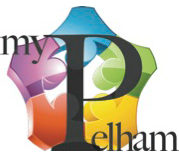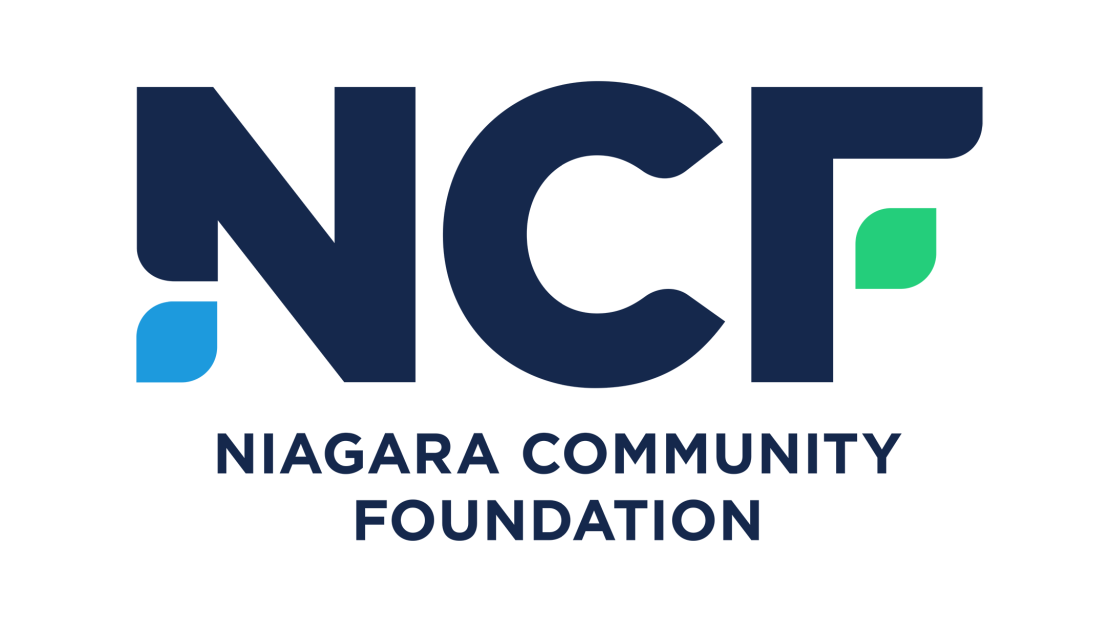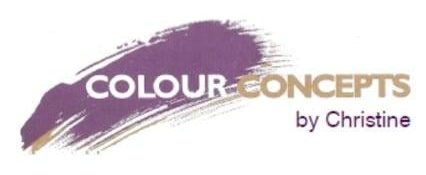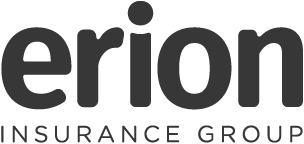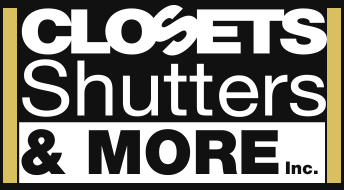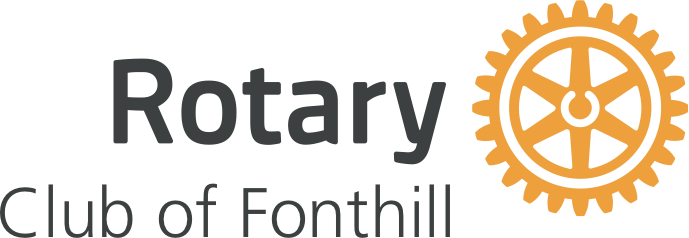Most of us probably don’t enjoy preparing our taxes, but there’s often a reward at the end — a tax refund. If you get a refund this year, how can you make the best use of it?
Of course, the answer depends somewhat on the size of your refund. Last year, the average tax refund was $2,162, according to the Canada Revenue Agency.
Whatever the size of your refund, though, you’ll want to maximize its benefit. Here are a few suggestions:
- Pay down debt. Your tax refund may give you a chance to reduce your debt load. But which debts should you tackle first? You could follow the “snowball” method by paying off the smallest of your loans or debts as quickly as possible. Or you could choose the “avalanche” route by making minimum payments on all debts and using extra funds — such as your tax refund — to pay off the debts that carry the highest interest rates. Either method could help you save money in the long term.
- Build an emergency fund. Your tax refund could help you start or expand an emergency fund. It’s a good idea to keep up to six months’ worth of living expenses in such a fund, with the money kept in a liquid, low-risk account, separate from the funds you use for your daily expenses. You might need to draw on this fund for unexpected expenses, such as a major home or car repair. Without such an emergency fund in place, you might be forced to dip into less-liquid accounts to pay for these types of costs, and such a move could be expensive, resulting in taxes, penalties (if registered) and lost opportunities for growth.
- Boost your retirement savings. Contributing your tax refund toward your retirement is a great way to boost your retirement savings and can really pay off in the long run. This is especially true if you have an employer matching program. Furthermore, contributing to an RRSP can result in an even larger tax refund to supercharge your retirement savings.
- Save for a down payment. Saving your tax refund for a down payment on your first home can be a great way to make the goal of home ownership one step closer to reality. The First Home Savings Account (FHSA) can help you save for your first home and includes some significant tax-advantages, too.
- Contribute to education savings. If you plan to support a child’s education, a lump sum payment to a Registered Education Savings Plan (RESP) could result in a savings boost due to an eligible matching grant from the government.
It’s not often that you receive a financial windfall such as a tax refund — so think carefully about how you can maximize its benefits.
This article was written by Edward Jones for use by your local Edward Jones Financial Advisor, Nicolle Lalonde.
 Back to myNiagaraOnline
Back to myNiagaraOnline